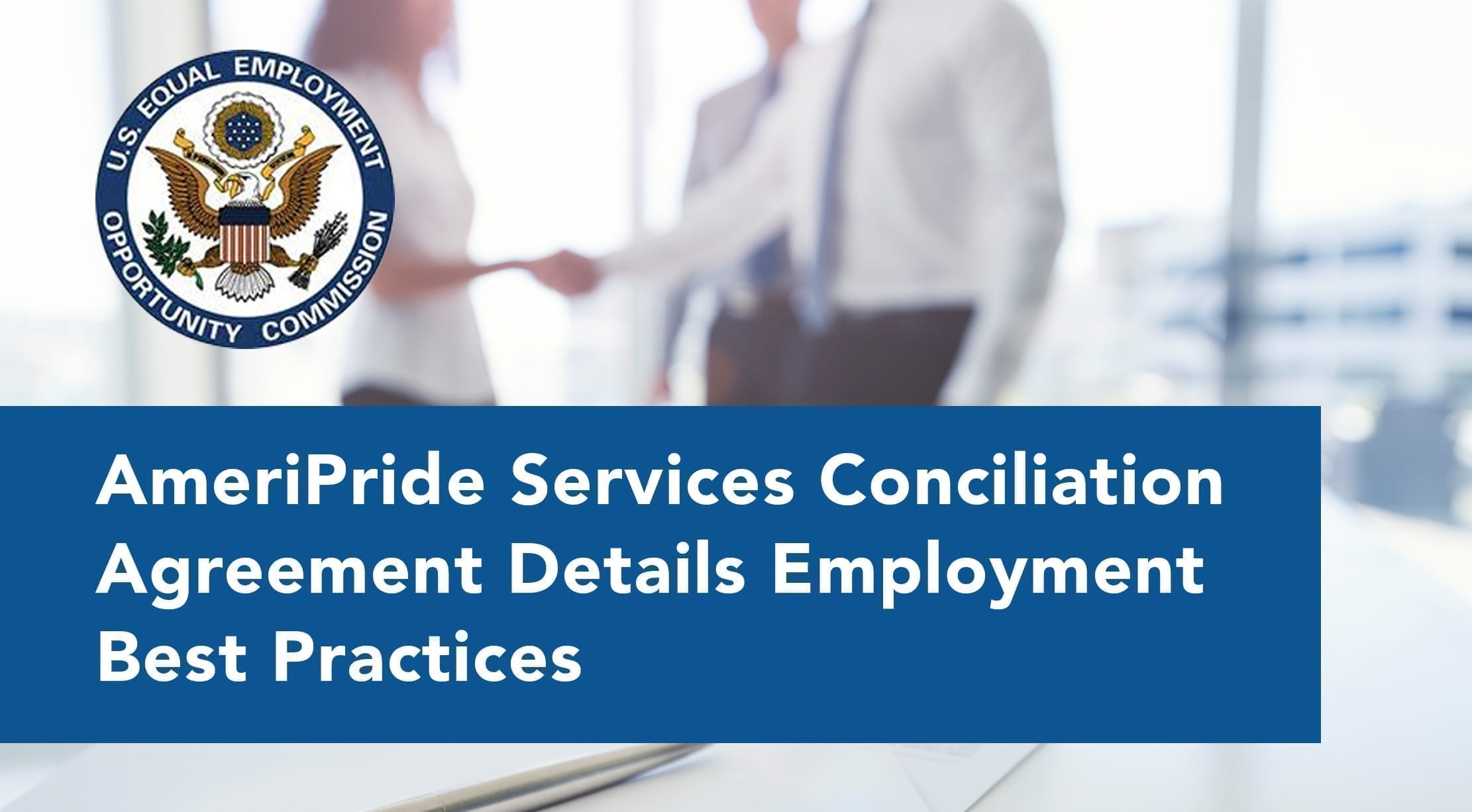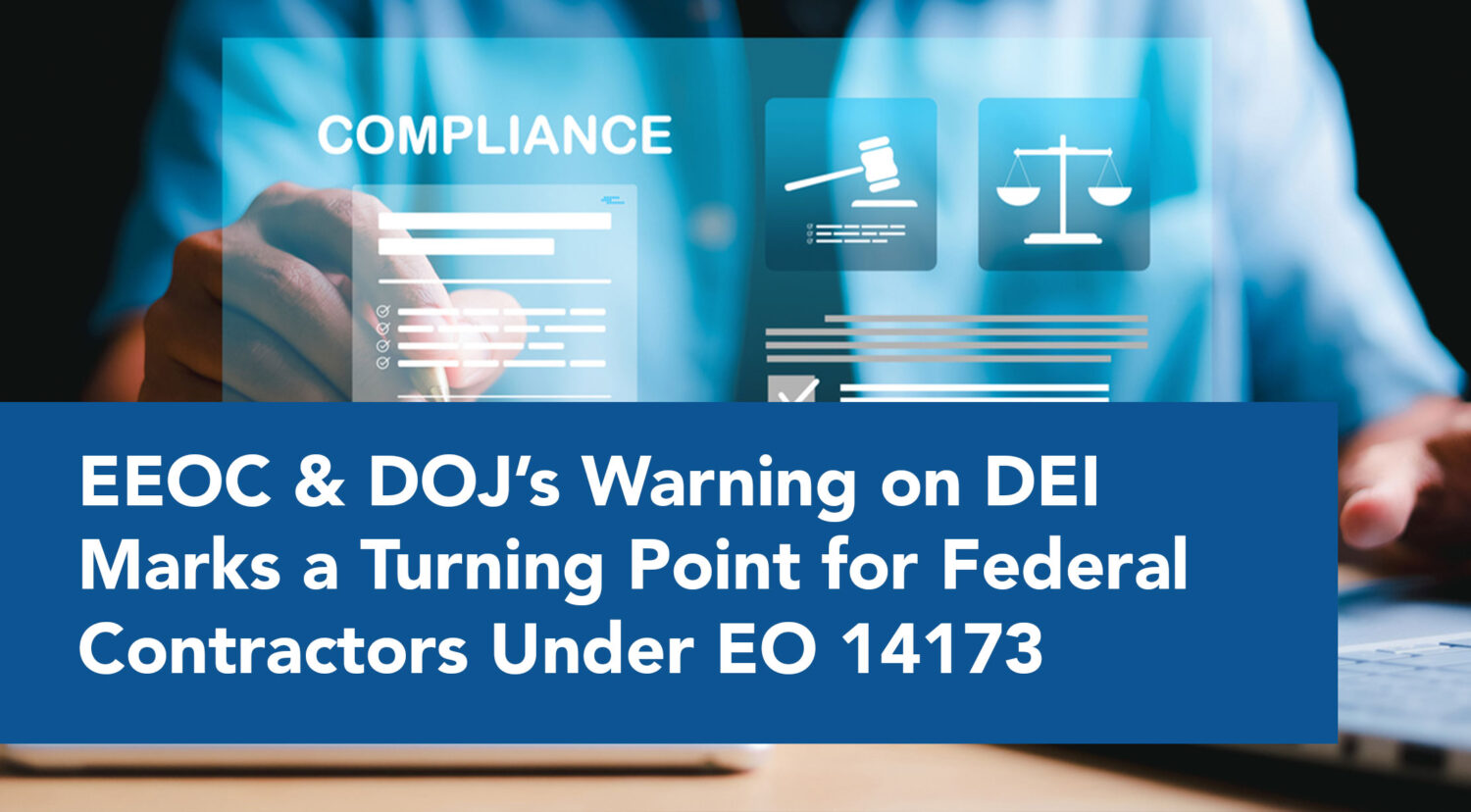

In March of this year, the laundry service company AmeriPride Services, Inc. entered into a conciliation agreement with the United States Department of Labor to resolve allegations of employment discrimination. The agreement comes after a compliance review by the DOL’s Office of Federal Contract Compliance Programs found that the federal contractor discriminated against male applicants and female employees.
According to the agreement, AmeriPride discriminated against 111 male applicants who applied for production positions and were not hired. The company will pay $84,000 in back pay and interest to resolve these allegations.
The OFCCP compliance review also found that the federal contractor discriminated against 159 female employees by paying them less than similarly-situated male employees in production positions. The company will pay $80,000 to resolve the allegations of pay discrimination at its Odessa, TX facility.
As part of the agreement, AmeriPride is also required to extend job opportunities to 28 male applicants and make salary adjustments.
According to the DOL, “Conciliation is a negotiation between a [compliance officer] and a contractor to resolve findings of noncompliance. The CO will take a collaborative approach with contractors during the exchange of information to promote a shared understanding of the issues and to promote resolution. The CO will work with the contractor to find innovative remedies, make good faith efforts to engage the contractor, and consistently apply transparency principles with all contractors.”
AmeriPride’s conciliation agreement outlines actions the company must take to remedy it’s hiring process, compensation practices and record keeping efforts. These remedies reveal best practices companies can follow to ensure they are in line with federal labor law. Here’s what you need to know.
1. Hiring:
Federal contractors must use nondiscriminatory (but job-related) qualifications and written criteria for the selection or elimination of applicants at each step of the hiring process from initial application screening, interviews, and tests to post offer screening. Companies should also focus on limiting subjectivity from the hiring process.
Contractors must also adopt written procedures for recruitment. These procedures must include mandatory posting and outreach efforts.
To ensure that these practices are fair, companies should conduct adverse impact analyses of their selection process every six months. Any procedure found to have an adverse impact should be eliminated.
2. Compensation:
Federal contractors should conduct regular compensation analyses by gender, age, race and other demographic categories to uncover disparities. In the event of statistically significant disparities, companies should make the necessary salary adjustments to rectify these disparities.
Companies should evaluate their salary increase decisions, promotion decisions, level designations and job assignments to determine if adverse impacts are present. Selections procedures and practices should be adjusted to eliminate adverse impacts.
3. Record Keeping:
Under federal labor law, federal contractors are required to collect and maintain certain personnel and employment records. These include application forms, applicant flow logs and data; job postings and advertisements; screening tests (if applicable) and results; and records concerning hiring, promotion, performance appraisals, demotion, transfer, layoff, or termination; rates of pay and terms of compensation.
They are also required to conduct job group analyses. These analyses must include a list of job groups with job titles that are similar in content, wage rates, or opportunities and align with respective job group descriptions.
Whether you have questions about Affirmative Actions or Compliance or would like to request a proposal, we will be happy to promptly respond to your inquiry. Contact us today to learn more about the many benefits of our Affirmative Action Partnership!





